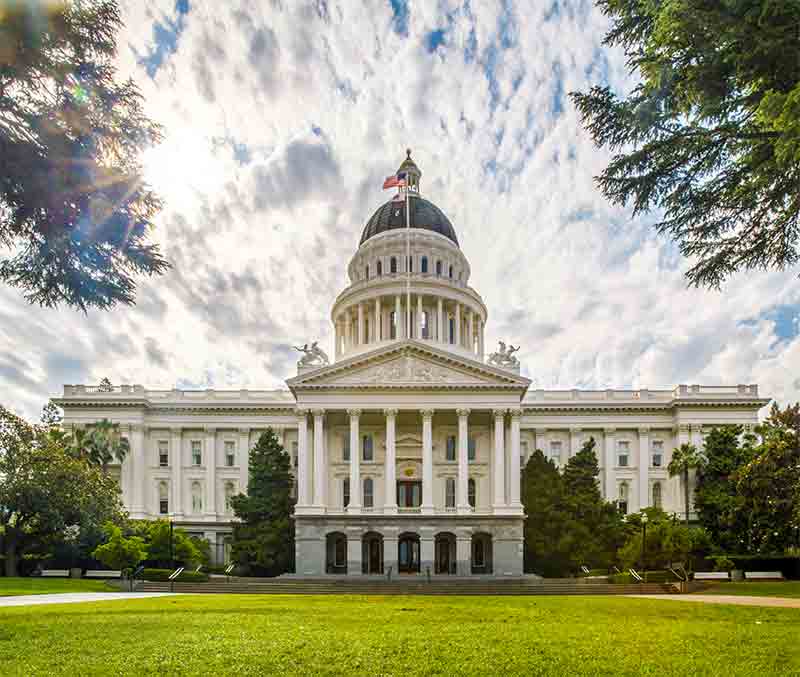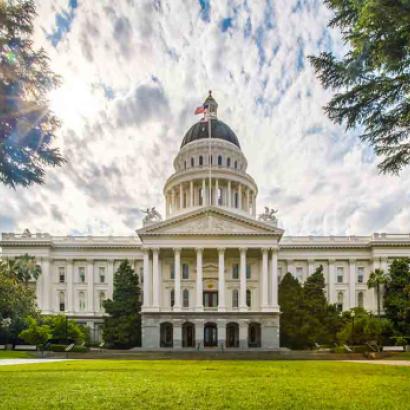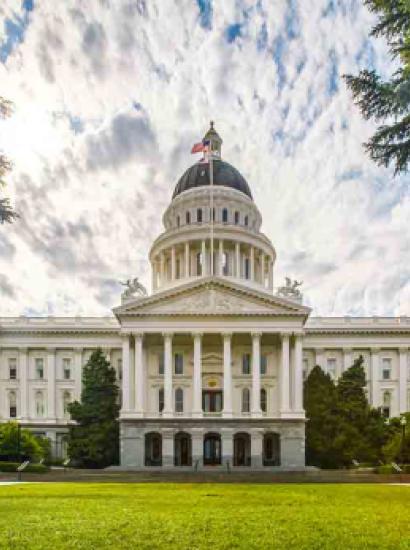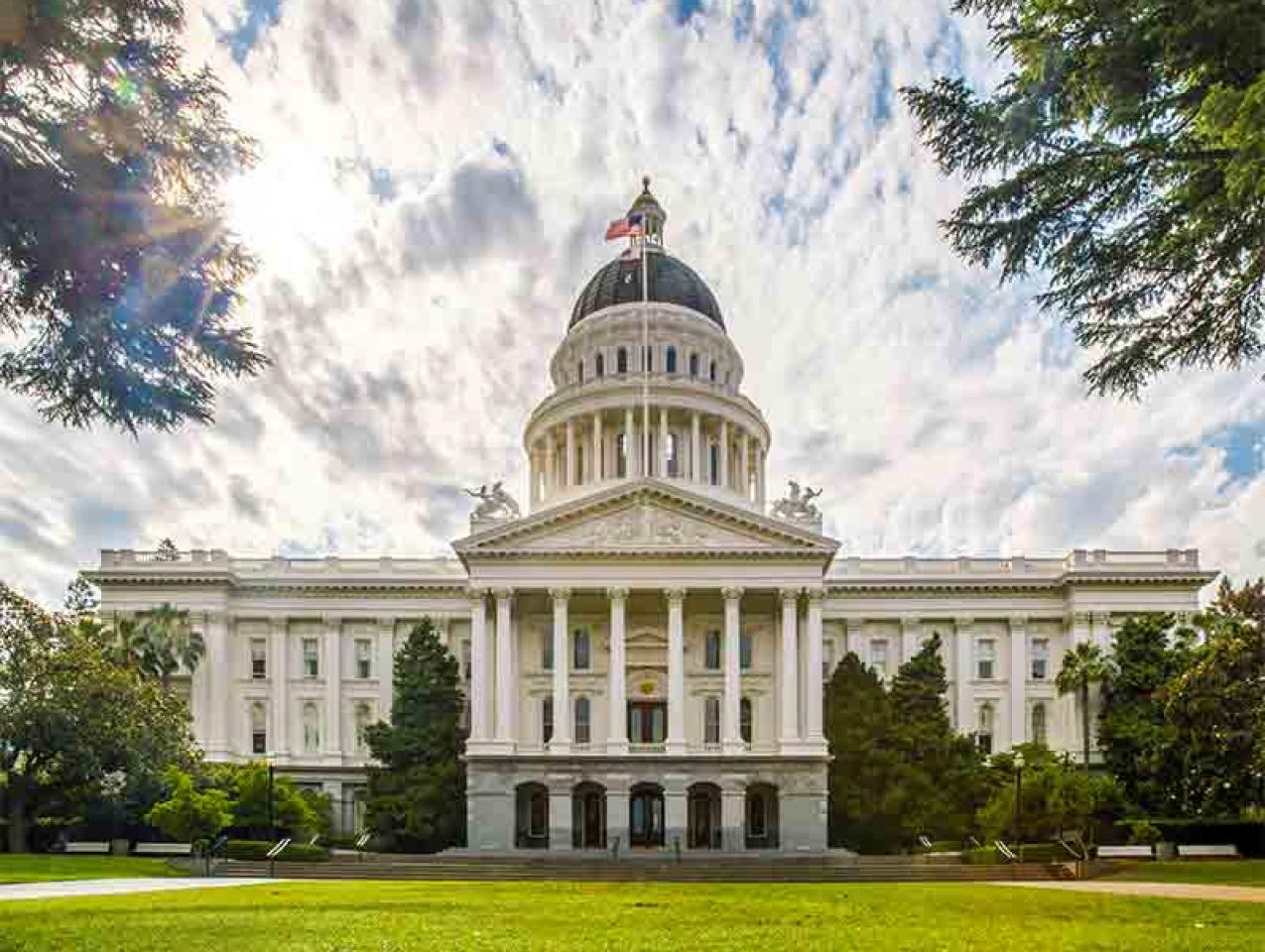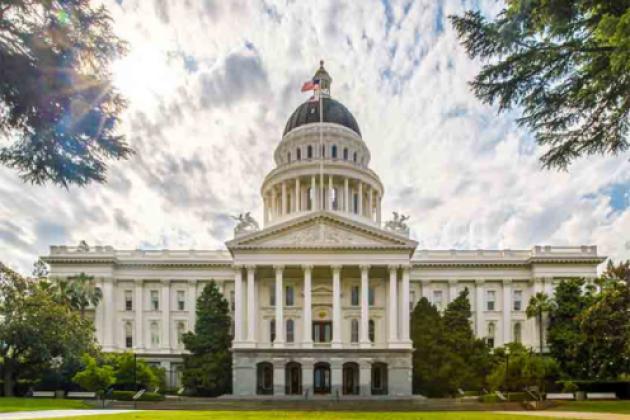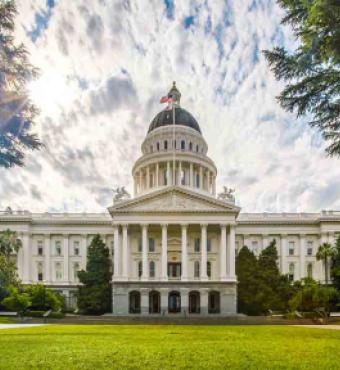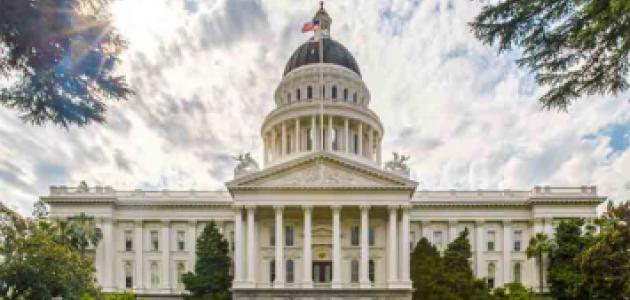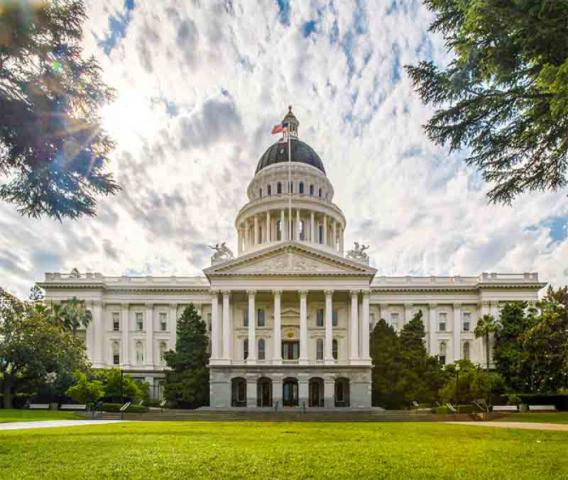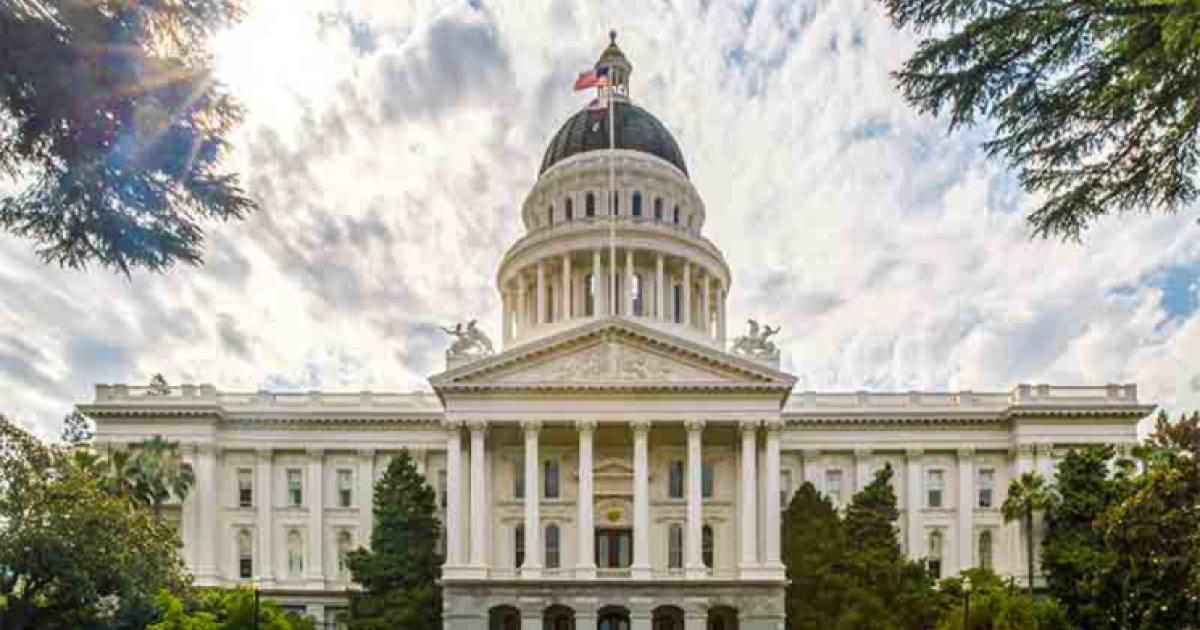The editorial’s headline reads: “In Killing this Bill, California Democrats Proved They’re Lap Dogs for Gov. Newsom.” The text begins: “California Democrats are demonstrating that they view Sacramento as their own little club, where duly elected Republicans have no power. This malignant feature of California’s one-party state results in a legislature that seems to us like a mere puppet of the Governor.”
Wall Street Journal? No. National Review? No. I doubt either would use the terms “lap dogs” and “malignant.”
This editorial appeared in the Sacramento Bee, which is the major newspaper in California’s state capital, and which has been published since 1857. The piece was written by the newspaper’s Editorial Board; it is not an op-ed piece. The Bee is politically far from the Wall Street Journal and other conservative news media outlets. The Bee is judged to be left-leaning by those who evaluate the political perspectives of major media sources.
The Bee’s Editorial Board is outraged over the California State Assembly’s quashing of Assembly Bill 2654, which would have updated the state’s 1974 Political Reform Act by banning the use of nondisclosure agreements (NDAs) by lobbyists, the governor’s staff, a state lawmaker, or any public official in creating legislation.
The bill was introduced by Assembly member Vince Fong (R-Bakersfield) in response to the crafting of Assembly Bill 1287, which was signed into law last year. AB 1287 created a $20 minimum wage for fast-food workers and a politically appointed industry council that has the authority to increase the minimum wage annually.
The $20 minimum wage is $4 higher than that for any other industry. Even before the new law took effect, California lost nearly 10,000 fast-food jobs. The job loss was predictable, as the fast-food industry has slim profit margins, averaging between 5 and 8 percent, and 60 percent of fast-food workers are 24 or younger, meaning that many of these workers have not yet acquired the skills needed to merit a $20-per-hour wage.
What bothers the Bee is the lack of transparency over how the fast-food bill was crafted, as those involved in negotiating the law signed NDAs, which prevents the public from ever finding out how a peculiar exemption in the bill came about. NDAs are used in business to protect intellectual property but were unheard of in the legislative process until California’s fast-food law.
The Service Employees International Union (SEIU), which had been trying for years to organize the fast-food industry, insisted that those involved in finalizing the bill’s language sign an NDA. But what was the SEIU doing in negotiating legislation? The bill’s author was not involved in the late stages of negotiations—the union was. Why was the bill’s author shut out, replaced by a labor union? No one is talking. And no one in the state’s political leadership seems to think there is anything wrong with replacing the bill’s author with a political lobbying group in the legislative process.
The SEIU’s insistence on using NDAs may have flown under the radar had the fast-food bill not included a bizarre exemption from the $20 minimum wage for restaurants producing bread on the premises and selling bread as a stand-alone item. When Newsom signed the bill, he quickly brushed off a reporter’s question about the exemption, replying “That is how the sausage is made.” As if that were an answer.
Bloomberg broke a story in February, quoting confidential sources, that the exemption was included to satisfy Newsom and billionaire Newsom donor Gregg Flynn, who owns 24 Panera Bread franchises in California, and who previously lobbied Newsom’s staff to exempt restaurants such as his from the $20 minimum wage. KCRA, the NBC affiliate in Sacramento, with additional sources, confirmed the Newsom-Flynn relationship as the reason for the bakery exemption from the minimum wage.
The Bloomberg and KCRA stories suggest the possibility of a “pay-for-play” explanation for the bakery exemption from the fast-food minimum wage. Newsom called that idea “absurd” in an interview in early March, but he offered no alternative explanation for how the exemption came to be. Since then, Newsom stopped answering questions about what has come to be known as “Paneragate.”
If the exemption was not adopted to benefit Newsom’s donor, then why was it included in the bill? And why do multiple sources who were part of the negotiations report the exemption was indeed included to obtain Newsom’s buy-in? The exemption didn’t write itself. And because of the NDAs, the explanation will remain unknown.
Last week, Fong’s bill banning NDAs in lawmaking came up for a fast-track vote in the Assembly Elections Committee to comply with a legislative deadline. The committee comprises six Democrats and two Republicans. The bill failed within the committee but with only one “no” vote, which was cast by committee chairperson Gail Pellerin (D-Santa Cruz). The other committee Democrats attending the hearing (one was absent) chose not to vote, which suggests the possibility they oppose the use of NDAs in the legislative process but do not want to curry disfavor among their party’s leadership. Tom Lackey (R-San Bernadino) and Bill Essayli (R-Riverside) voted in favor of the bill.
Afterward, Ashley Zavala, an investigative reporter with KCRA news, followed committee chair Gail Pellerin as she left the hearing. I urge you to watch the three-minute video embedded within the article. The video speaks volumes about how poorly Californians are being served by the state’s political leadership.
Zavala’s questions include why Pellerin felt there wasn’t enough time to review Fong’s bill, when she voted “yes” on the fast-food bill with only 72 hours of notice last September. Zavala also asked Pellerin why the fast-food bill’s author wasn’t included in the bill’s negotiations, why she wasn’t curious about the bakery exemption, and whether she supported the use of NDAs in crafting legislation. Pellerin’s responses were “No comment” and “We will have a prepared statement.”
Zavala’s final volley: “Your salary is paid for by taxpayers. They deserve answers.” “They will get answers,” responded Pellerin.
Pellerin’s prepared statement is a two-minute video clip of the hearing, with a statement that she did not have conversations with Newsom or his office. She gave no answers to any of Zavala’s questions.
With one negative vote, California’s political leadership has chosen opacity over transparency and has violated voter trust. The Bee’s Editorial Board gets it. If Fong’s bill had advanced, it would have brought considerable pressure on those involved with the fast-food law to answer questions about Newsom, Flynn, and the bill’s bakery exemption that presumably benefits Flynn.
Transparency is not a partisan issue. But it has become partisan as Democrats circle their wagons around the governor. This is only possible because California is a one-party state. Whether you are left, middle, or right on the political spectrum, a free society requires honest political competition to ensure the best policies are implemented, including preserving transparency in government. The Republican leadership within the State Senate and Assembly has requested documents from the governor’s office regarding the fast-food law’s bakery exemption under California’s 1974 Public Record Act. The governor’s office has refused this request. Because in a one-party state, they can.
James Madison remarked, "A popular Government, without popular information, or the means of acquiring it, is but a Prologue to a Farce or a Tragedy; or, perhaps, both.” He was remarkably prescient.







